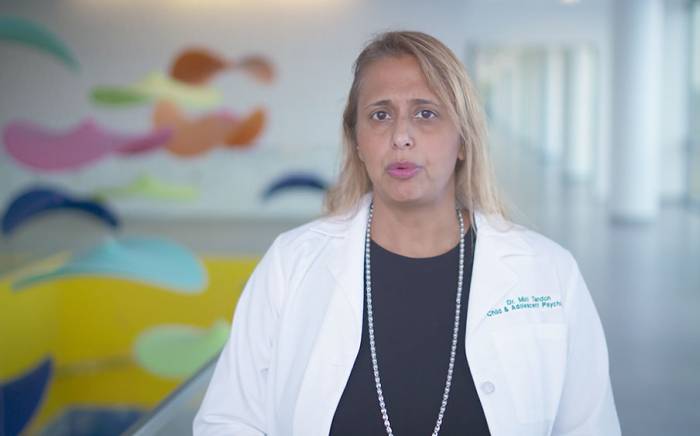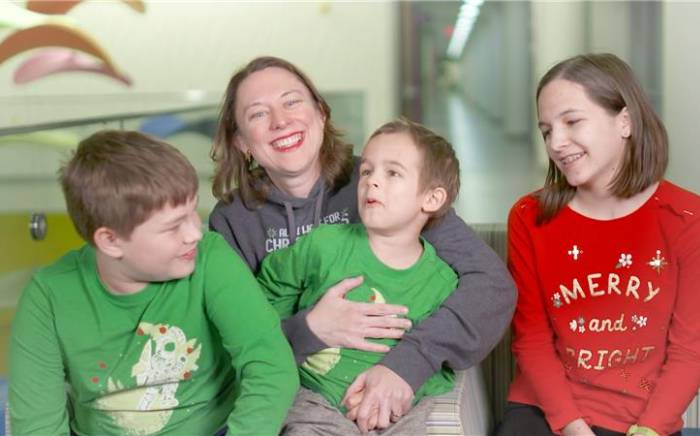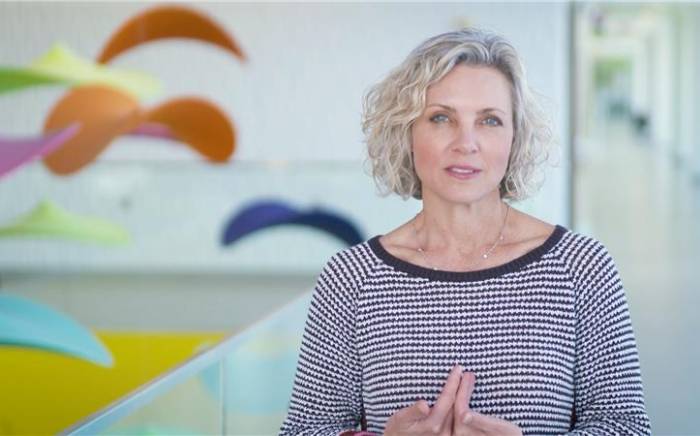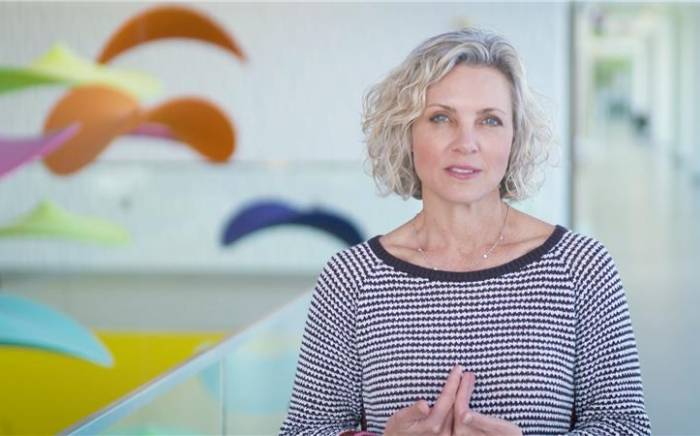It’s a phone call parents hope they never have to make—dialing 911 for a medical emergency involving a child. Fortunately, most calls have a positive outcome. One way to expedite this all-too-stressful situation is to plan ahead. It’s also important to understand how the emergency response process works so you can help emergency personnel provide the best care for your child.
Martin Limpert, public information officer for the St. Charles County Ambulance District, shares some valuable tips for handling medical emergencies.
Do not hang up after calling 911. Depending on where you live, 911 calls may be transferred from your police department to a dispatcher. While this process happens in milliseconds, you may hear a brief click as the call is routed. Frantic callers sometimes think they have been disconnected. Do not hang up—you will delay the process. A trained 911 dispatcher will quickly be on the line ready to help.
Plan ahead. In the middle of a medical crisis, parents are often so upset they can’t think clearly when emergency personnel ask about daily medications or chronic health conditions. Most municipal public safety departments offer clear plastic, magnetized pockets that can be affixed to your refrigerator. These plastic sleeves should contain details about your family members’ allergies, health problems and/or medications. Paramedics, fire and police personnel are trained to look on the refrigerator for these sleeves in the event of an emergency.
Be a good “historian.” 911 dispatchers are a vital part of the emergency response team. They are trained to gather information about the situation as the ambulance or fire truck travels to your home or accident site. Paramedics receive real-time updates on the computer screens in their vehicles as you communicate relevant information to the dispatcher. They will want to know what happened prior to the medical emergency. Was there a motor vehicle accident? Did your child have a fever? Was there a trauma such as a fall down the stairs? Is the child recovering from surgery? Is this the first time something like this has happened? Has the child been sick recently? Did your child complain about a headache? Was the child asleep or awake when you became concerned?
Do your best to help comfort your child. In some cases, you will need to step aside so emergency responders can do their job. In other situations, you can help alleviate your child’s fears by cradling or holding him. Whenever possible, parents can ride along in the ambulance with their child.
Try to remain calm. This is easier said than done, but a parent’s anxiety will escalate the sick or injured child’s anxiety. 911 dispatchers are trained to help keep anxious parents as calm as possible. Enlist the help of a neighbor who can comfort other children, make phone calls or gather necessary information.
Be an advocate for your child’s medical care. Parents are the best advocate for their child’s medical care. Depending on the nature of the medical emergency or condition of the patient, the parents can select where the child is transported. However, there are occasions when the nature of the child’s injury or illness requires specialized pediatric or trauma care. For example, a child who has sustained critical burns may need to go to a hospital with a burn unit. If a child is suspected of having internal injuries, severe fractures or trauma, paramedics may determine the child needs to be taken to a specialized pediatric facility. In other situations, the closest hospital may be the best choice because the child can receive immediate treatment.
Do your best to prevent accidents. “There is nothing worse than seeing a serious injury occur as a result of a preventable accident,” says Limpert. “Make sure infants and children are always properly buckled in approved car seats. And no one should ever ride anything that has wheels without wearing a helmet—that includes skateboards, rollerblades, four-wheelers, even the smallest tricycle.”
The Emergency and Trauma Center at St. Louis Children’s Hospital is verified as a Level I Pediatric Trauma Center by the American College of Surgeons. St. Louis Children's Hospital is the only pediatric hospital in Missouri and Illinois to receive this designation.







